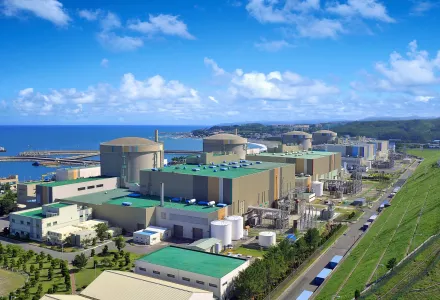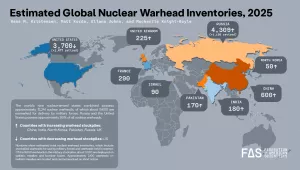
Abstract
Reviewing recent developments in nuclear energy, it is clear that Northeast Asian countries have become the leading customers and suppliers of nuclear technology worldwide. However, regional cooperation in the nuclear field remains inadequate when compared to the close economic interaction between these states and their need for solutions to pressing issues, such as supply assurance and spent fuel management. At the same time, with events like the Fukushima accident or the ongoing nuclear crisis in North Korea, there is an urgent demand for Northeast Asia to improve the safety, security, and nonproliferation status of the regional nuclear programs as any nuclear-related incident in any regional state will have transnational impact on the economic and social stability of the whole region. Based on the status of nuclear power development and regional nuclear cooperation in Northeast Asia, this paper analyzes the common need for better safety, security, and nonproliferation of nuclear materials and facilities in the region. Just as cooperation in improving these issues can serve as a breakthrough for broader regional cooperation in the nuclear field, several opportunities for the establishment of a regional framework for nuclear cooperation are also identified based on current cooperation mechanisms like the Nuclear Security Summit or the Northeast Asia Peace and Cooperation Initiative (NAPCI). Such cooperative efforts will likely face challenges from the political animosity among Northeast Asian states. But consistent efforts from all parties, with focus on practical issues, will increase its chance of success, thus creating a safer, more secure atmosphere in nuclear Northeast Asian facilities, eliminating any proliferation purpose and serving as the basis for sustainable development of nuclear power, both regionally and globally.
Nguyen, Viet Phuong. “Improving Nuclear Safety, Security, and Nonproliferation in Northeast Asia through Multinational Approach.” December 31, 2016
The full text of this publication is available in the link below.




